New vulnerability allow hackers to gain access to computers if they're in sleep mode
2 min. read
Published on
Read our disclosure page to find out how can you help MSPoweruser sustain the editorial team Read more
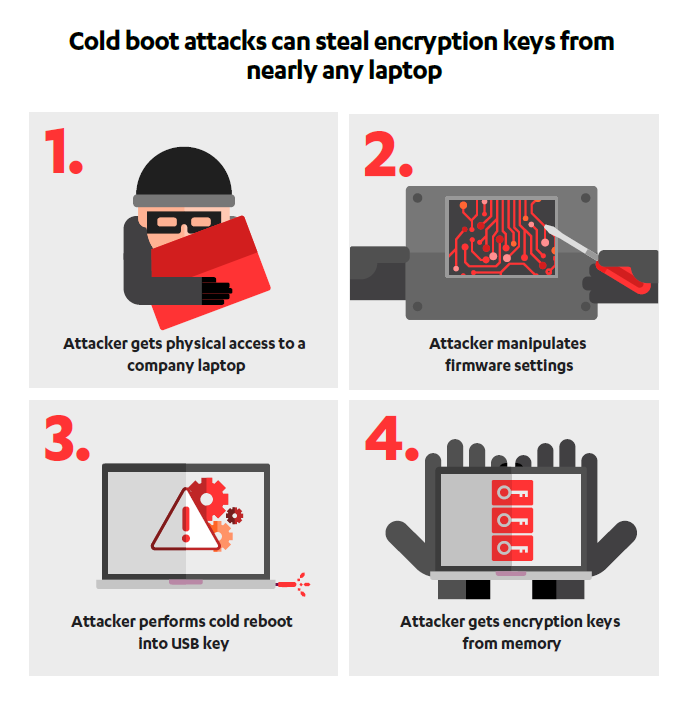
Internet security company F-Secure has discovered a new vulnerability that affects almost every computer. The newly discovered vulnerability can allow hackers to access encrypted hard-disks when the computer has been put to sleep.
F-Secure shared the details about the vulnerability in a blog post. They disclosed that it’s an issue with the firmware of ‘most modern computers’ that could let an attacker pilfer encryption keys along with all data from the laptop by new cold boot attacks. However, the good news is, the attack can’t be performed remotely and will need physical access to the device.
The two experts figured out a way to disable this overwrite feature by physically manipulating the computer’s hardware. Using a simple tool, Olle and Pasi learned how to rewrite the non-volatile memory chip that contains these settings, disable memory overwriting, and enable booting from external devices. Cold boot attacks can then be carried out by booting a special program off a USB stick.
– F-Secure
F-Secure also noted that since it requires access and manipulation of hardware, all the brands are affected by the vulnerability. You can head below and check out the video shared by F-Secure on how the vulnerability can be exploited.
F-Secure has already notified all the vendors including Dell, Apple, Lenovo and Microsoft about the vulnerability. However, Apple has claimed that that the Macbooks equipped with T2 chips remain unaffected from this vulnerability. F-Secure has also presented the Sec-T conference on September 13, 2018. The company has recommended users to not put their devices on sleep until the vulnerability is fixed.
Source: F-Secure; Via: Latest Hacking News

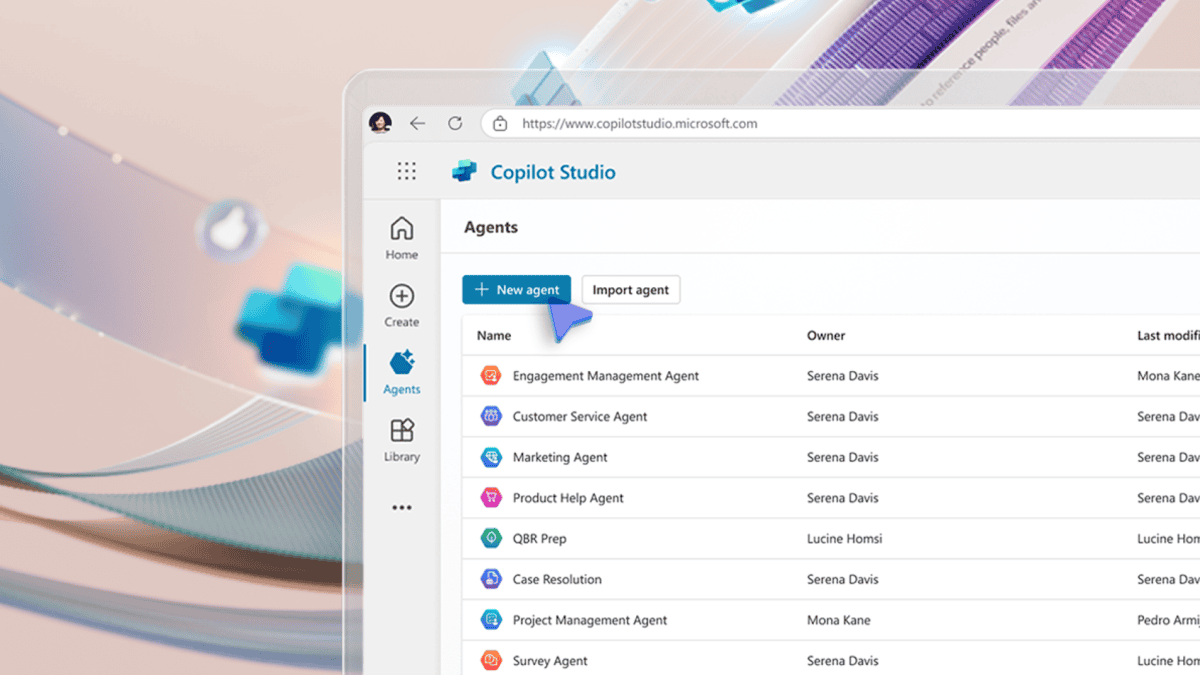
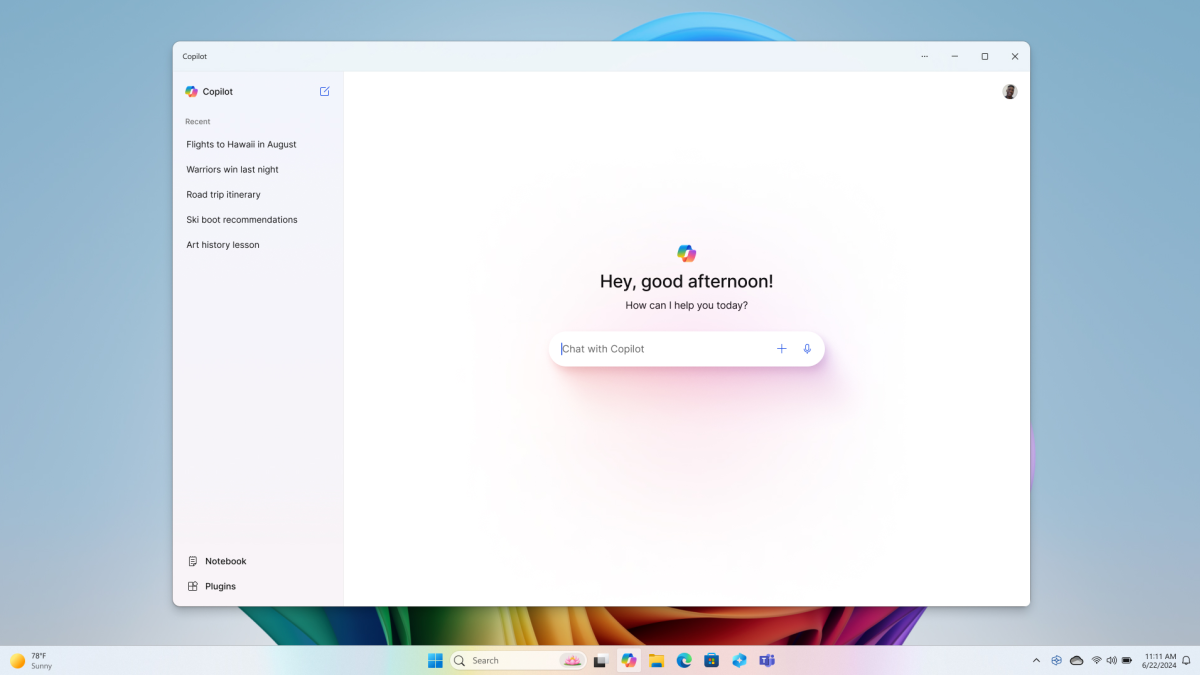




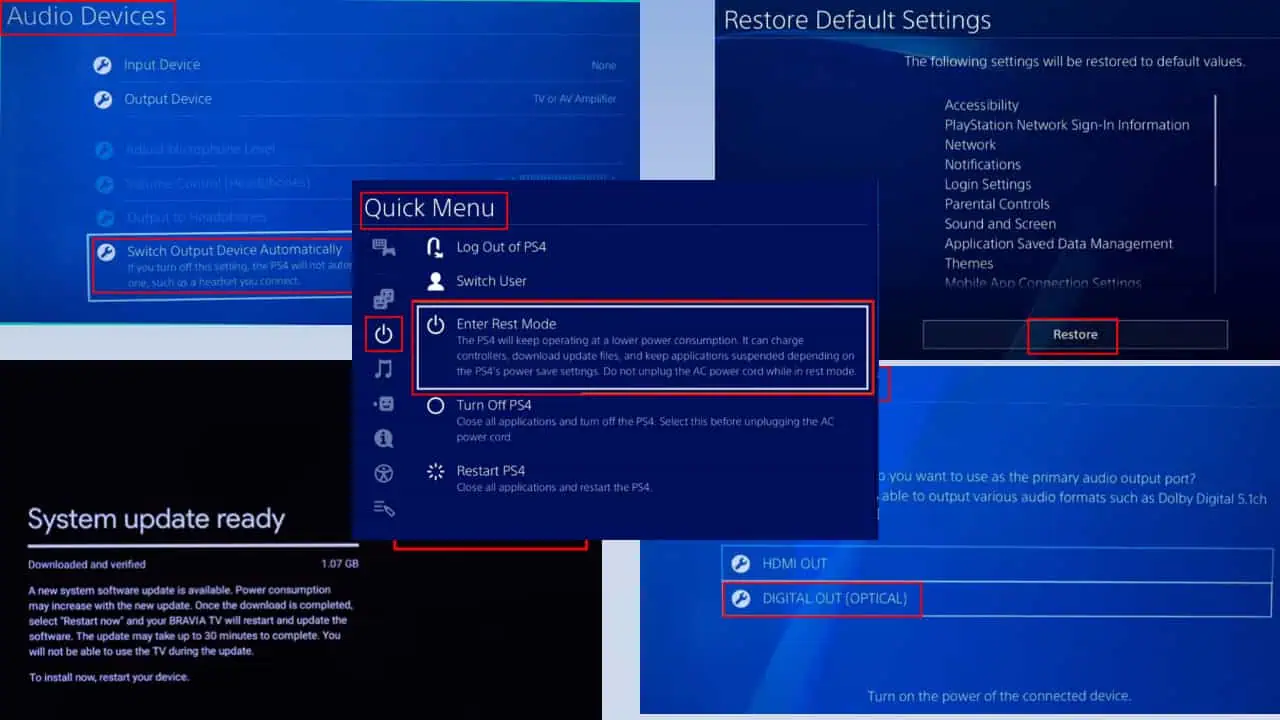
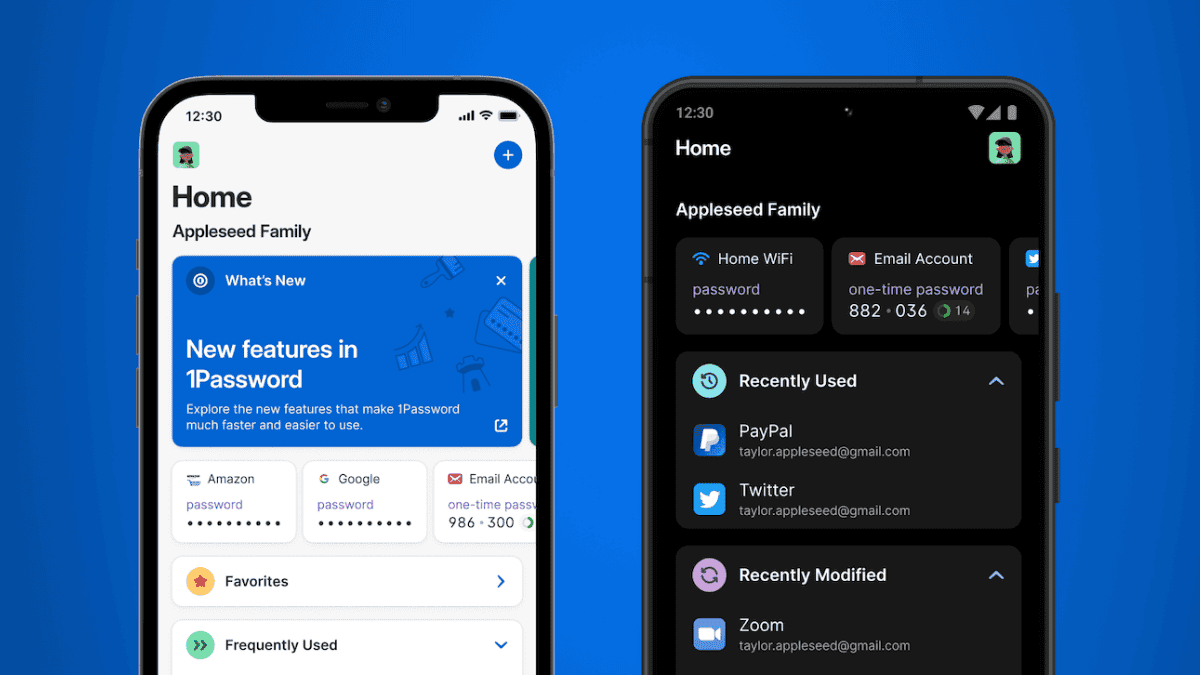
User forum
0 messages